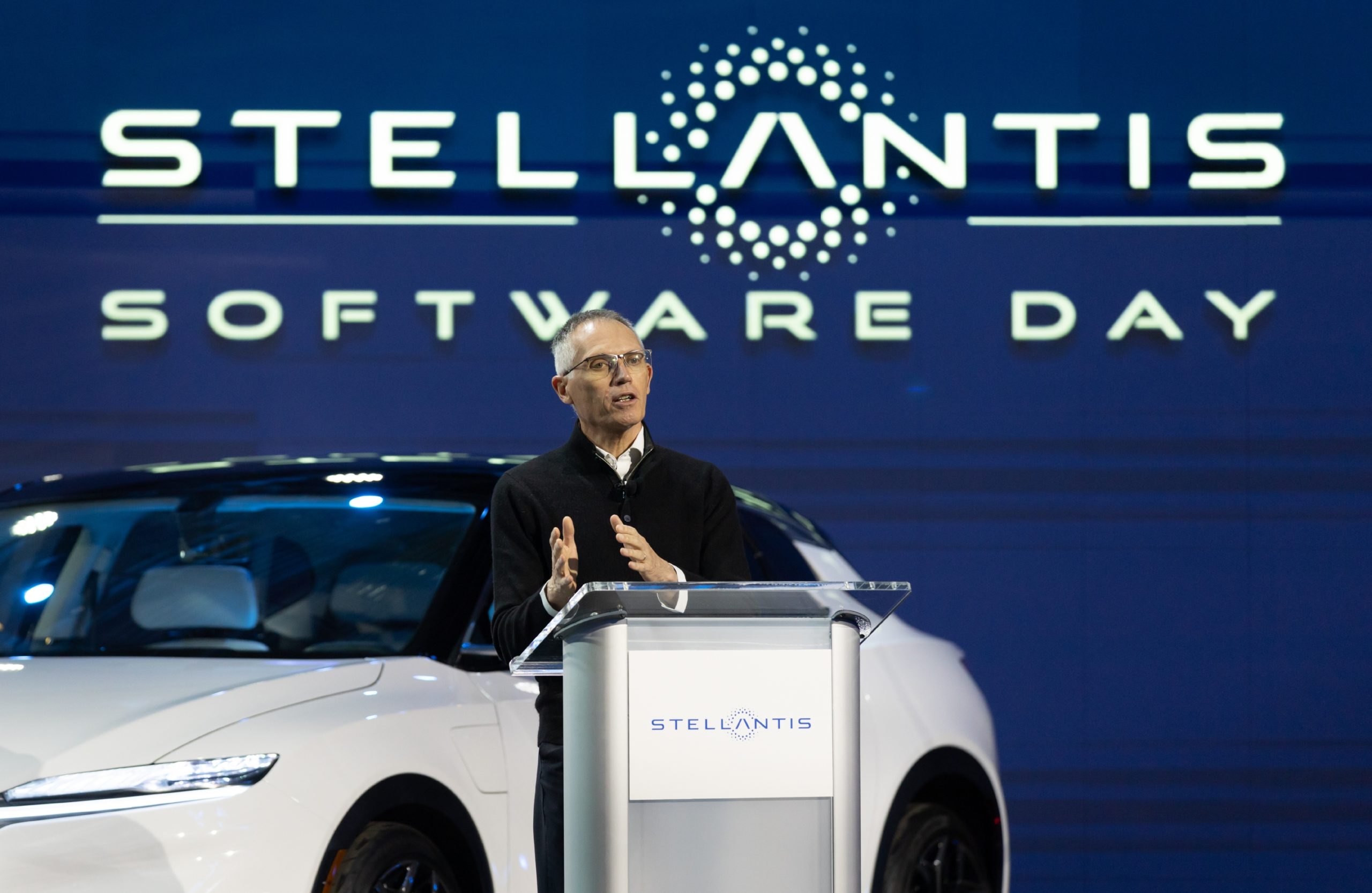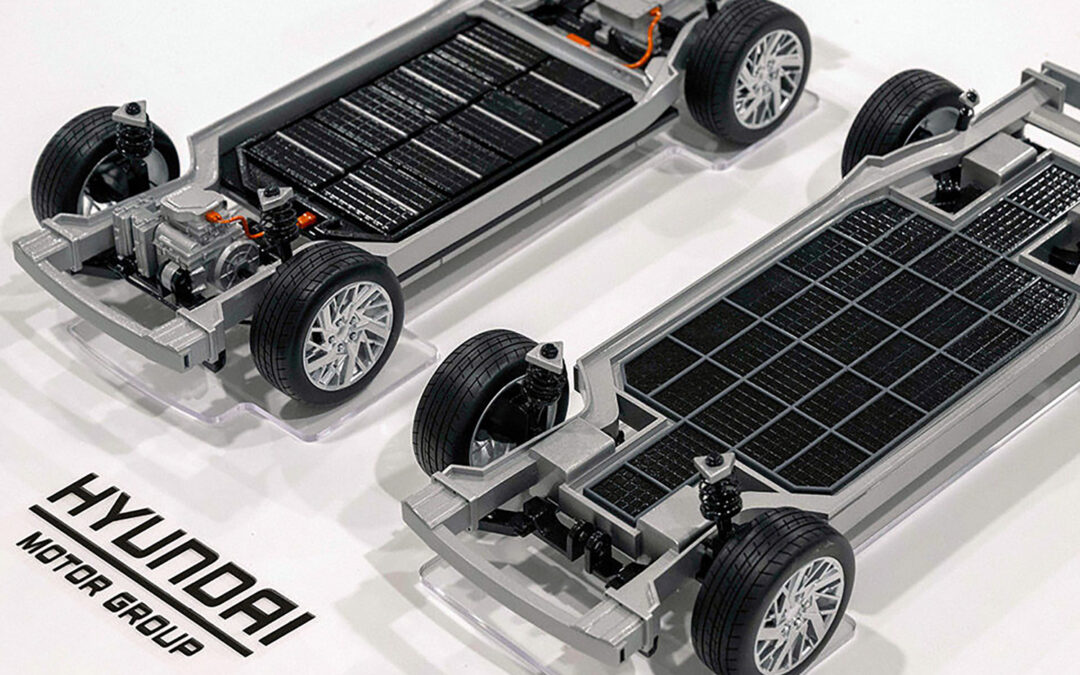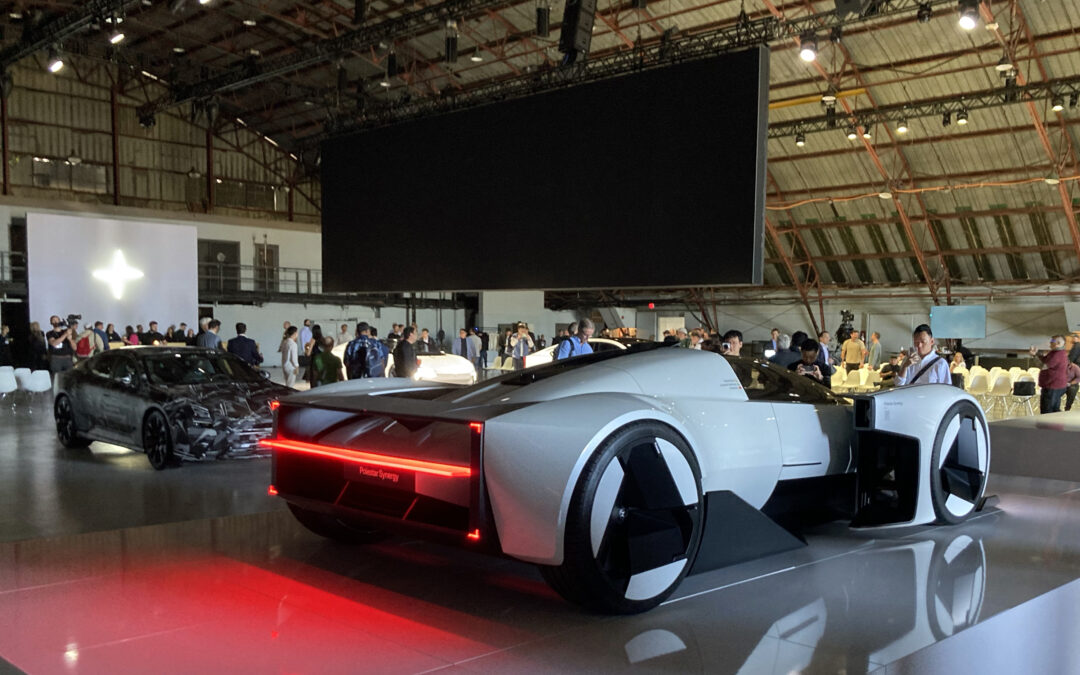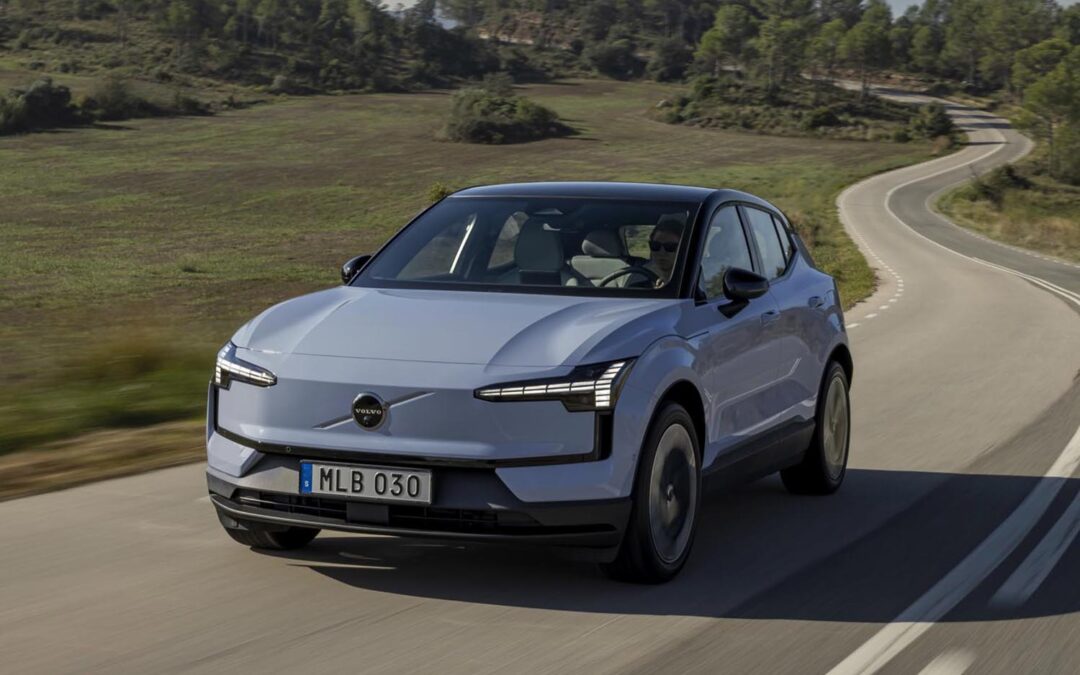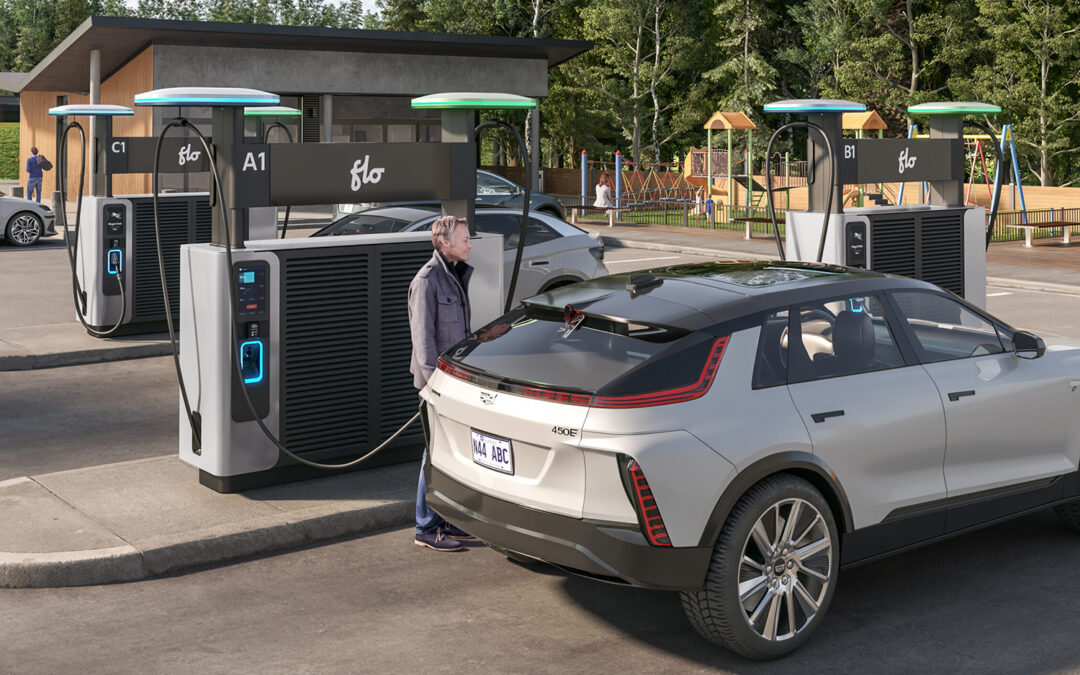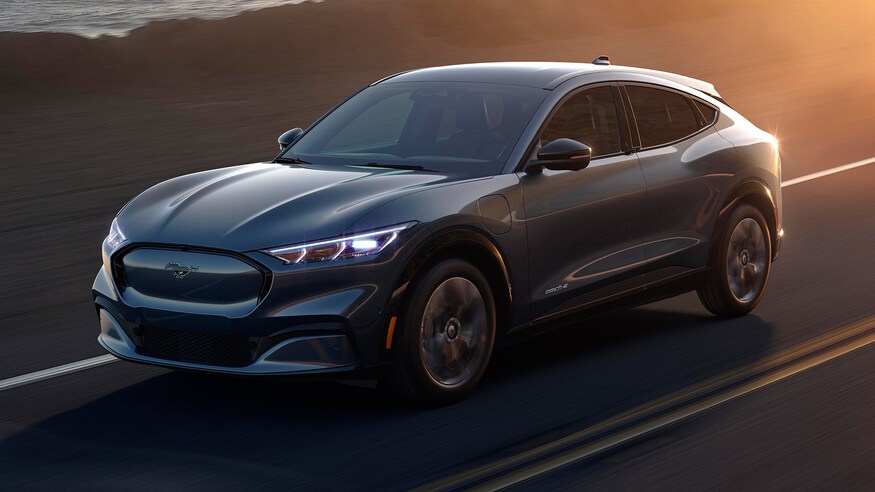Carlos Tavares, the chief executive of Stellantis, has issued a warning to the EV sector, as he anticipates an impending battery shortage that could “affect the industry as soon as 2025”. At a car industry conference run by the Financial Times, Tavares shared that, due to increased adoption of EVs, current plans for battery production may not match the demand from carmakers.
“I can anticipate that we will have around 2025, 2026, a short supply of batteries, and if there is no short supply of batteries then there will be a significant dependence of the western world vis-a-vis Asia,” he said. “That’s something that we can easily anticipate. The speed at which everybody is building manufacturing capacity for batteries is possibly on the edge to be able to support the fast-changing markets in which we are operating.”
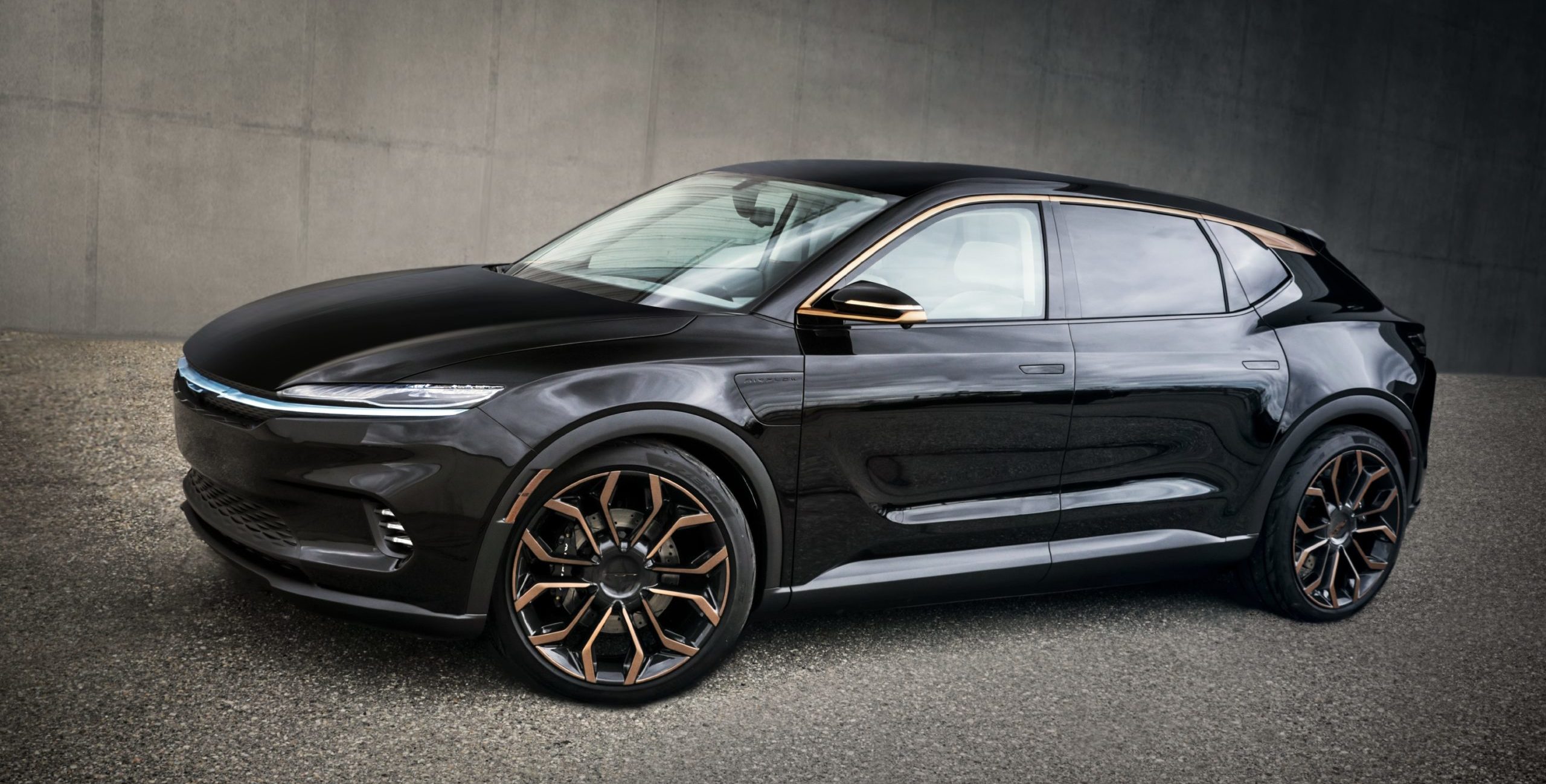
Chrysler Airflow Graphite concept
Tavares’ concerns are surely warranted, as the industry has already grappled with computer chip shortages over the course of the pandemic, along with continued supply chain challenges. According to Tavares, limited battery supply will be the “next bottleneck” facing the industry, as legacy automakers move to embrace an electrified future. Stellantis, for its part, is aiming to sell only battery EVs in Europe by 2030.
This isn’t the first time Tavares has been outspoken about potential problems in the transition away from polluting fossil fuel vehicles. Just last year, he said the UK government had “risked the future of Vauxhall’s factory in Ellesmere Port with a brutal ban on sales of gas-powered cars after 2030.”
Tavares also warned that the shift to electric production could create “geopolitical risks” because of dependence on minerals mined in countries seen as strategic rivals. According to Tavares, we may not like the way key materials are sourced in a few years time.
